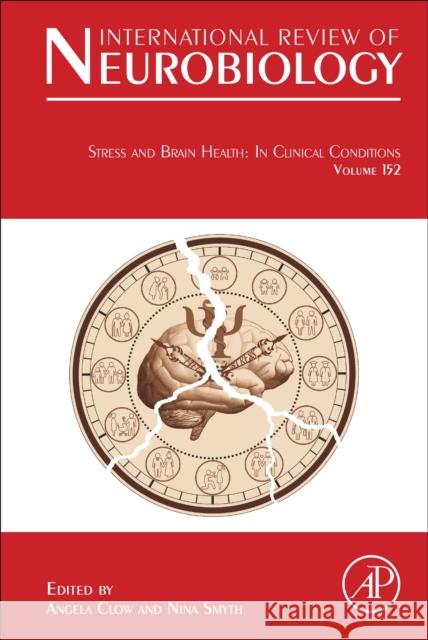Stress and Brain Health: In Clinical Conditions: Volume 152 » książka
topmenu
Stress and Brain Health: In Clinical Conditions: Volume 152
ISBN-13: 9780128211168 / Angielski / Twarda / 2020 / 322 str.
Kategorie:
Kategorie BISAC:
Wydawca:
Academic Press
Język:
Angielski
ISBN-13:
9780128211168
Rok wydania:
2020
Numer serii:
001090052
Ilość stron:
322
Waga:
0.53 kg
Wymiary:
22.86 x 15.24 x 1.6
Oprawa:
Twarda
Wolumenów:
01
Dodatkowe informacje:
Bibliografia











